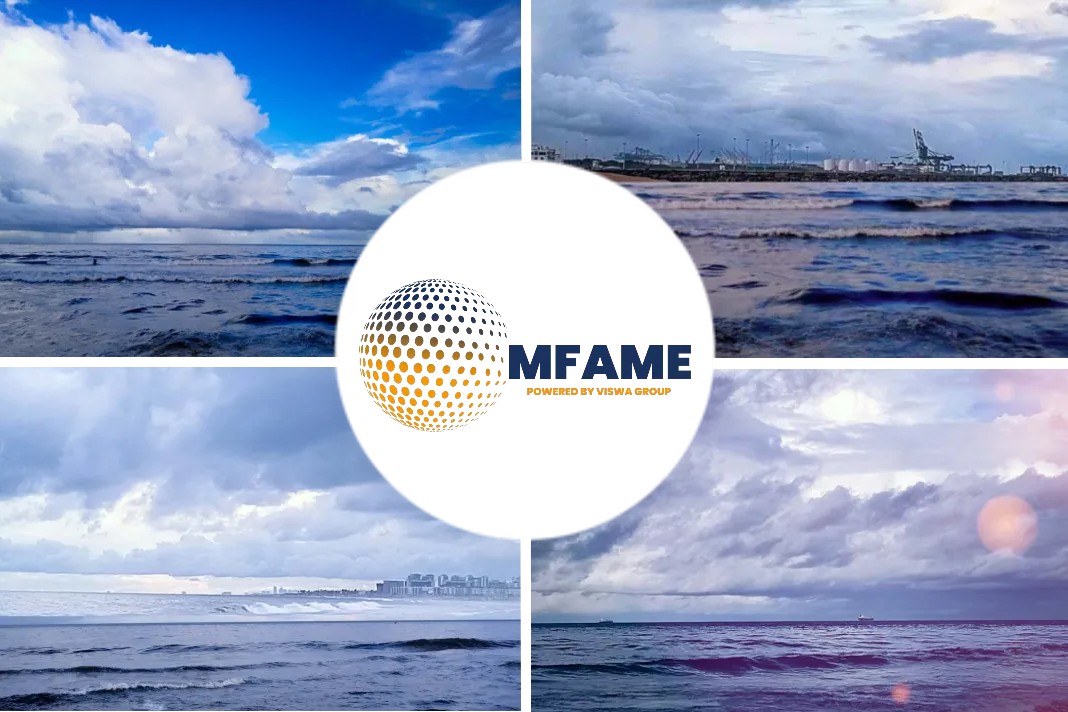
After China’s decision to reopen its borders improved the outlook for fuel consumption and eclipsed worries about a worldwide recession, oil continued to rise on Monday, rising almost 3%, as reported by Reuters.
Larger risk sentiment
The surge was a part of a larger upswing in risk sentiment brought on by the reopening of the world’s largest crude importer as well as expectations for less aggressive increases in U.S. interest rates.
By 1150 GMT, Brent crude had increased $2.29, or 2.9%, to reach $80.86 per barrel, while U.S. West Texas Intermediate had climbed $2.46, or 3.3%, to reach $76.23.
“If the recession is avoided, global oil demand and demand growth will remain resilient,” said Tamas Varga of oil broker PVM, adding that developments in China were the main reason for Monday’s gains.
“The gradual reopening of the Chinese economy will provide an additional and immeasurable layer of price support,” he said.
The rebound came after both oil benchmarks fell by more than 8% last week, marking their worst weekly drops at the beginning of a year since 2016.
China over the weekend opened its borders for the first time in three years as part of a “new phase” in the fight against COVID-19. According to Beijing, over 2 billion domestic trips are anticipated during the Lunar New Year period, which is almost twice as many as in 2018 and 70% more than in 2019.
Crude import permits
According to sources and records examined by Reuters, China approved a second batch of 2023 crude import permits, increasing the total for this year by 20% compared to the same period last year.
Despite the oil’s recovery on Monday, there is still concern that the huge influx of Chinese tourists may lead to another spike in COVID infections, and more general economic worries also persist.
The market structure for oil reflects those worries. A trading structure called contango, which normally denotes a bearish attitude, is present in both the short-term Brent and U.S. oil contracts, where one month’s price is discounted from the next.
Did you subscribe to our newsletter?
It’s free! Click here to subscribe!
Source: Reuters


















